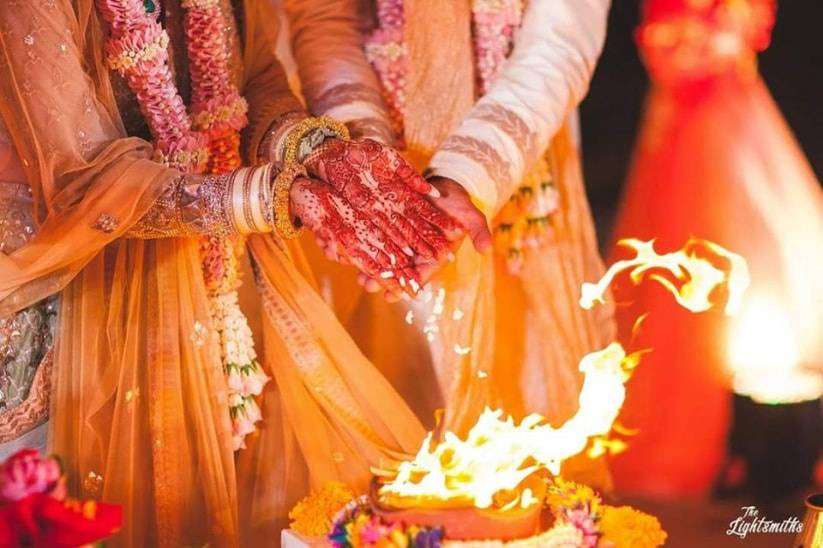The Supreme Court ruled that marriages between couples of different faiths under the Hindu Marriage Act are invalid and only allowed for Hindus. The ruling was made by Justices KM Joseph and BV Nagarathna during a hearing of a case against an order from the Telangana High Court in August 2017.
The court will further discuss the case in February.
The Telangana High Court denied the petitioner’s request to end proceedings under Section 494 of the Indian Penal Code (IPC), which states that anyone who marries while still having a living husband or wife will be punished with up to seven years in prison and a fine.
A case was filed against the petitioner in Hyderabad in 2013 under section 494 of IPC, 1860, claiming that the petitioner and the complainant were legally married under the Hindu Marriage Act of 1955 in February 2008 through Hindu rituals. The petitioner denied the allegations and stated that he was falsely accused and did not commit any offense, specifically, the claim of marriage through Hindu customs is not true.
The petitioner denied that he ever married the complainant and stated that the complainant did not provide any evidence of the alleged marriage. The petitioner identifies as a Christian and the complainant is a Hindu. The petitioner also argued that there is no evidence to support the claim that he married another person while still being married to the complainant, therefore the allegations under Section 494 of IPC are not met and proceeding with the case against the petitioner is illegal, without jurisdiction and unjust.
The petitioner stated that there is no record of the alleged marriage before or after the ceremony as per the Special Marriage Act which regulates inter-faith marriages. The petitioner denied the allegations, calling them false, baseless, and fabricated and that there is no truth in them. The petitioner stated that the engagement ceremony in question cannot be considered as a marriage and even if it did occur it would be void as the petitioner is a Christian and never converted to Hinduism.














